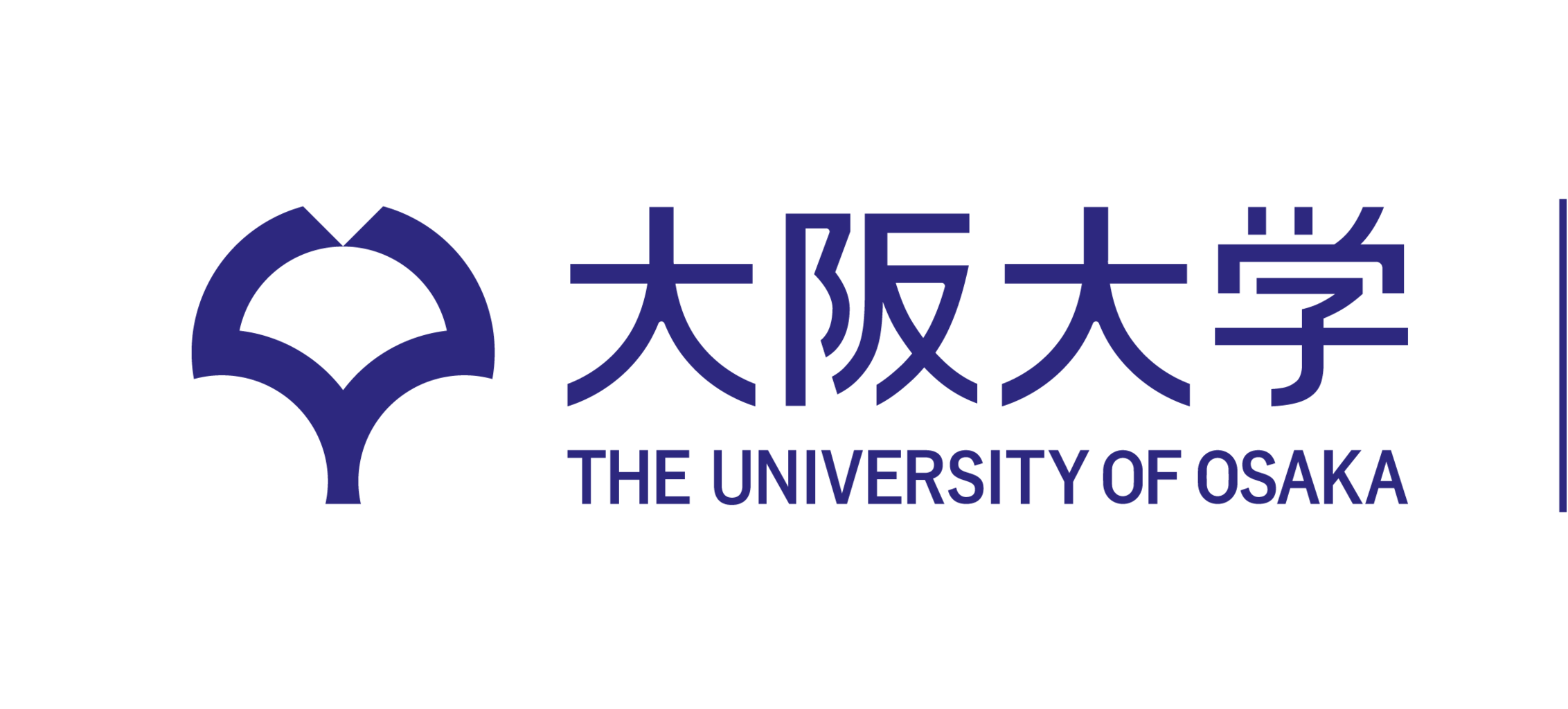Contemporary Thought and Anthropology
What are the Human Sciences? - People and Society -
The Course in Contemporary Thought and Anthropology has two research groups, “Contemporary Philosophical Anthropology” (Philosophy of Science and Analytic Philosophy, contemporary philosophy, comparative studies of civilization) and “Anthropology” (anthropology; and science, technology, and culture) . Despite the difference between theoretically oriented “Contemporary Philosophical Anthropology” and much more empirical “Anthropology,” these research areas all pursue the question - “What are humans?”
The history of the 20th century has taught us that there is no central point on the vast, round surface of the earth. That is, we never have had perpetually dominant and leading cultures and regions. Even though the era in which Europe was the center had ended, no attempts to replace Europe have succeeded. From now on, the world would become a space in which different regions and cultures contemporaneously interact, complete, and differentiate with one another and undergo complex and dynamic structuration processes. In order to prevent the escalation of conflicts into armed conflicts and create a 21st-century civilization under such conditions, it is critical to engage in interactions with real communities through anthropological field research. While it faces these questions, “Anthropology” profoundly explores theories that constitute human society.
These conditions in the 20th century have also posed many questions concerning the relationships between humans and science, between humans and their spirit and body, and between humans, civilization, and history. Science, along with the force of its technology, has drastically transformed the conditions of our lives. The question of “what is science?” is indispensable for us to live the era beyond 20th century. In addition, our interpretation of the spiritual life and bodily life of humans has transformed as we accumulate more knowledge about human beings. Contemporary spirit and body can only be examined by situating them in today’s diverse knowledge including psychoanalysis and life science. Furthermore, past models have demonstrated their inability to adequately capture the relationship between humans, civilization, and history in today’s highly globalized context. “Contemporary Philosophical Anthropology” theoretically examines these themes with an eye toward praxis.



